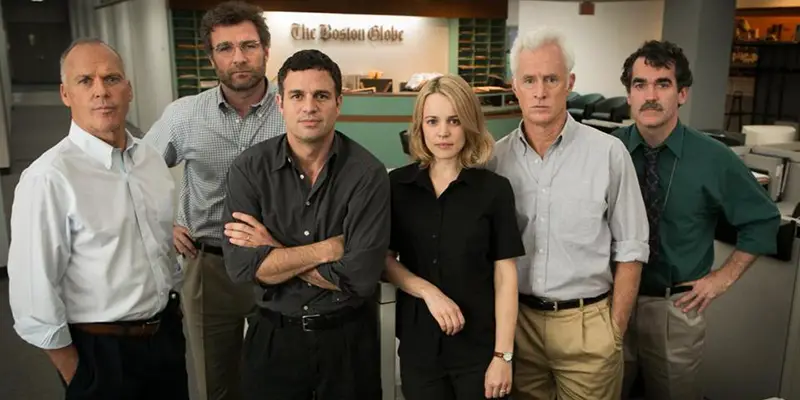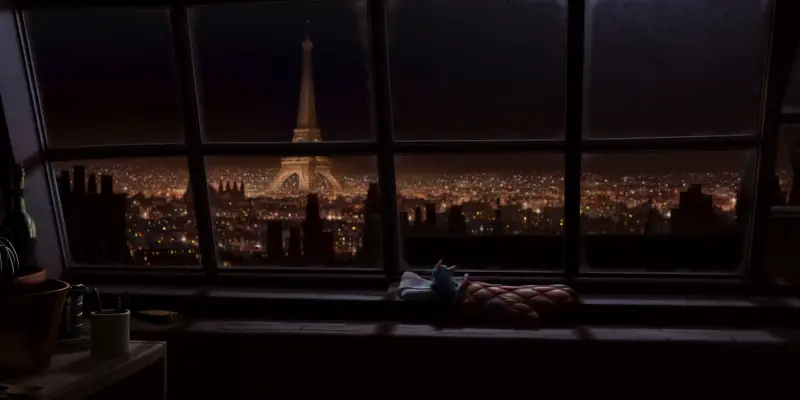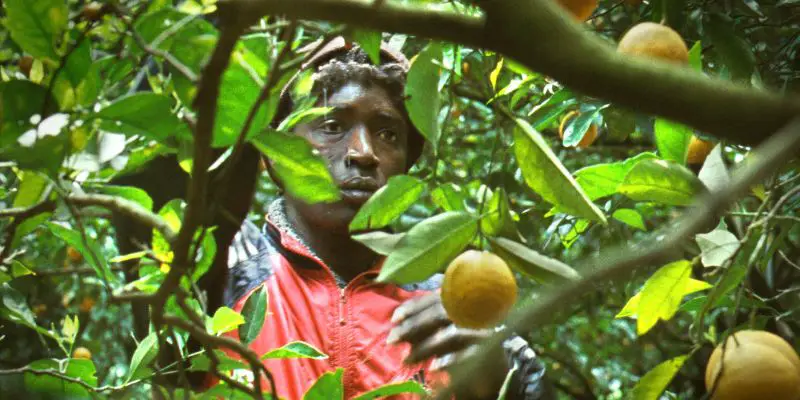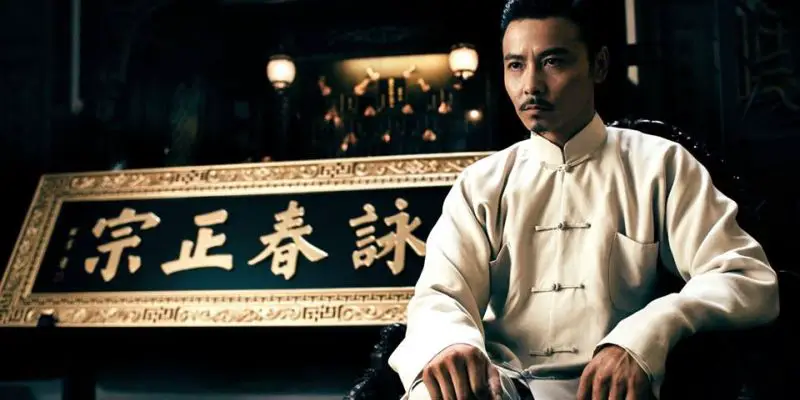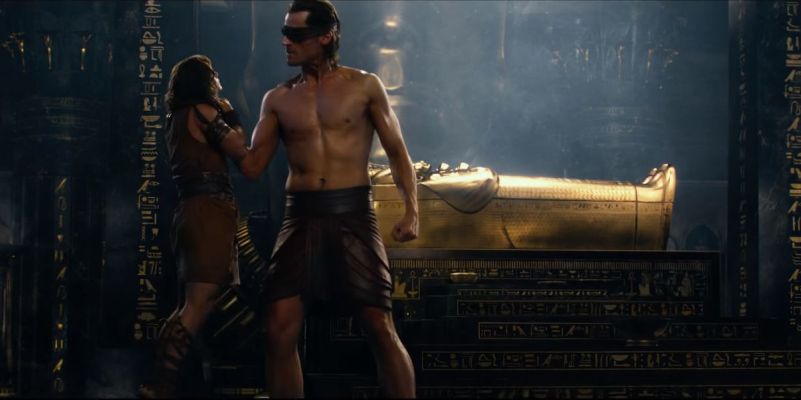
You ever get the feeling that Gerard Butler gets typecast for ancient myth stories? In Gods of Egypt, we have the once proud Leonidas as Set, the god of the desert, storms, disorder and violence. In this instance, he’s just the god of darkness who has plunged this CGI-whitewashed Egypt into chaos and conflict.
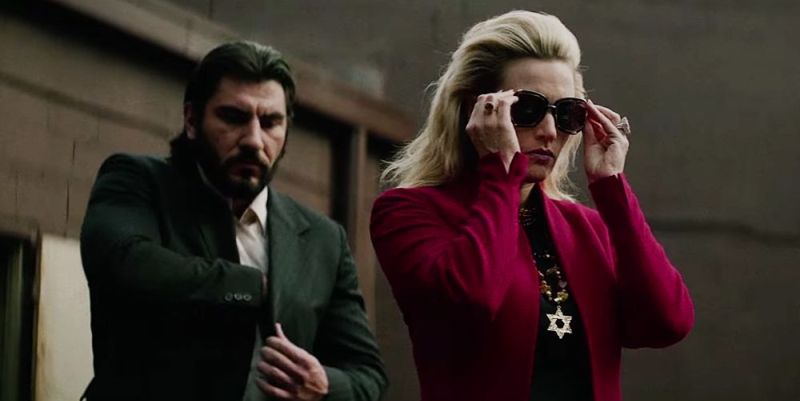
Eh, these guys are cool. I’ve recently begun changing the characters I recognize from other films or media and putting them into these trailers. So my current line up stars Daryl Dixon, Jesse Pinkman, Tallahassee (or Haymitch Abernathy to some of you), Falcon, Clementine Kruczynski and Ben Affleck’s little brother.
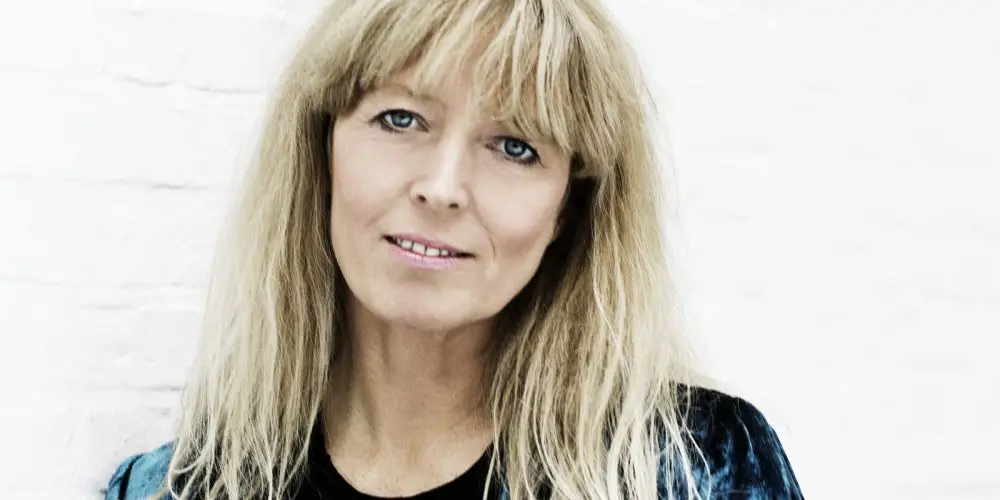
Hanna Polak is a documentarian whose films have been screened the world over. It only took her two directorial efforts for her to be recognized by the Academy, as her memorable film Children of Leningradsky was nominated for Best Documentary Short in 2005. After spending some time as a director for hire, Polak is returning to the international documentary scene with an absolutely remarkable film over 14 years in the making, Something Better To Come (you can read my review here).
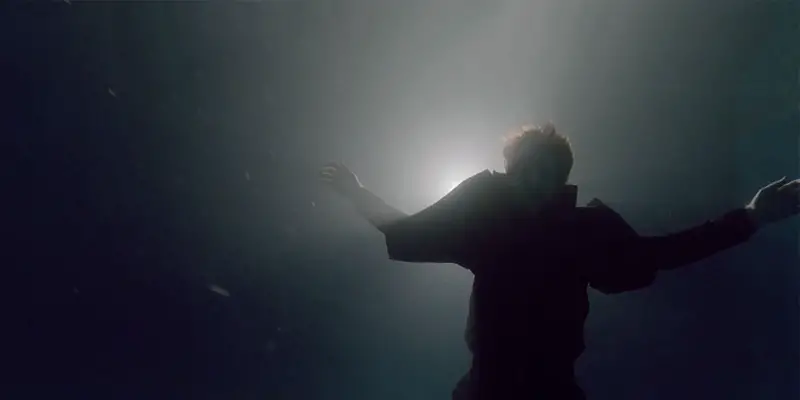
Knight of Cups is the first film I’ve ever seen where over a third of the audience left the theatre during the film. Without any context, I understand why this film would drive people to leave the movie. The film is an artistic montage, never stopping to deliver any linear narrative or dialogue scenes, continuing its visual poetry.
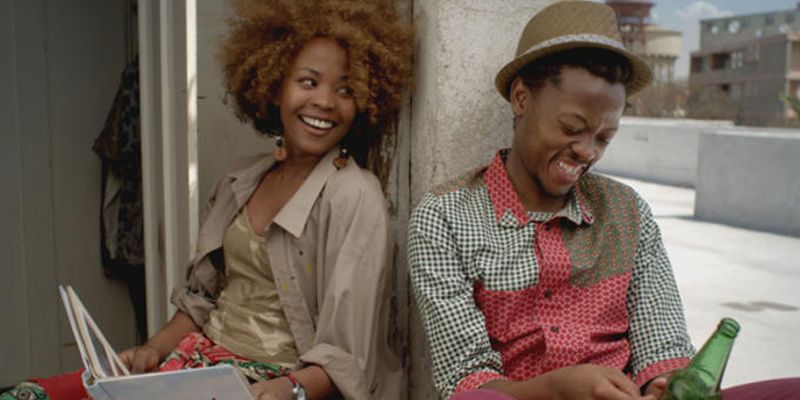
Set in a vibrant community in Johannesburg, South Africa, Ayanda tells the story of a young woman who begins a journey of self-discovery. After tragedy strikes, Ayanda, the 21-year-old protagonist described as an Afro hipster, struggles to save her father’s car repair shop, and to keep his memory alive. She’s thrown into a world of greasy overalls, and has to deal with gender stereotypes as a girl in the world of mechanics.
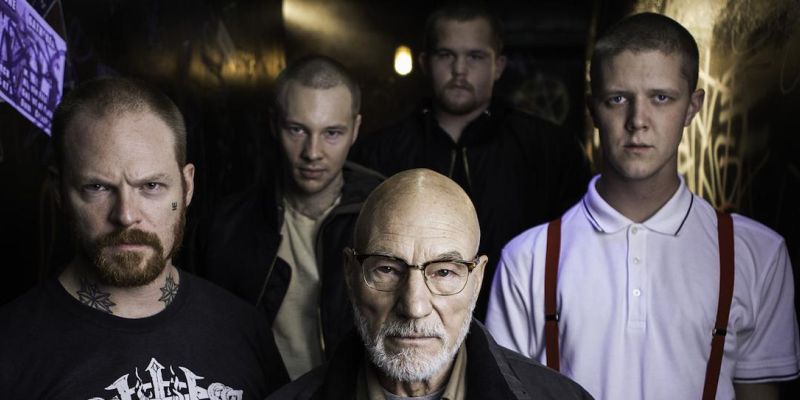
Director Jeremy Saulnier’s debut film Blue Ruin marked him out as a director to watch, a spiritual heir to the throne of the Coen Brothers at their most violent. Like the Coens in their bloodthirsty prime, Saulnier filled Blue Ruin with borderline absurdist humour and fully fleshed out characters who would appear as nothing more than walking quirks were they not so perfectly realised. Most importantly, he achieved something that few other Coen imitators manage – he perfectly understood that the violence in their movies takes place in a moral universe, where no evil deed goes unpunished.

Many filmmakers have made movies about the Holocaust, yet so few are able to portray the atrocities without either becoming exploitative by staging fictionalised versions of some of the worst scenes in recorded history, or by sanitising the events in order to ensure that audiences aren’t left shocked and devastated. Austrian director Michael Haneke has frequently gone on record to claim that the idea of making a film about the holocaust is “unspeakable”, criticising the way a movie like Schindler’s List emotionally manipulates the audience when the subject matter alone should leave every sane person feeling depressed that something like this happened in recent history. Haneke argues that Steven Spielberg staging a sequence where concentration camp prisoners are marched to the shower and then building suspense from whether or not water will come out of the shower heads is the most offensive kind of exploitation; it trivialises a shocking moment of history in order to create nothing more than an action set piece.
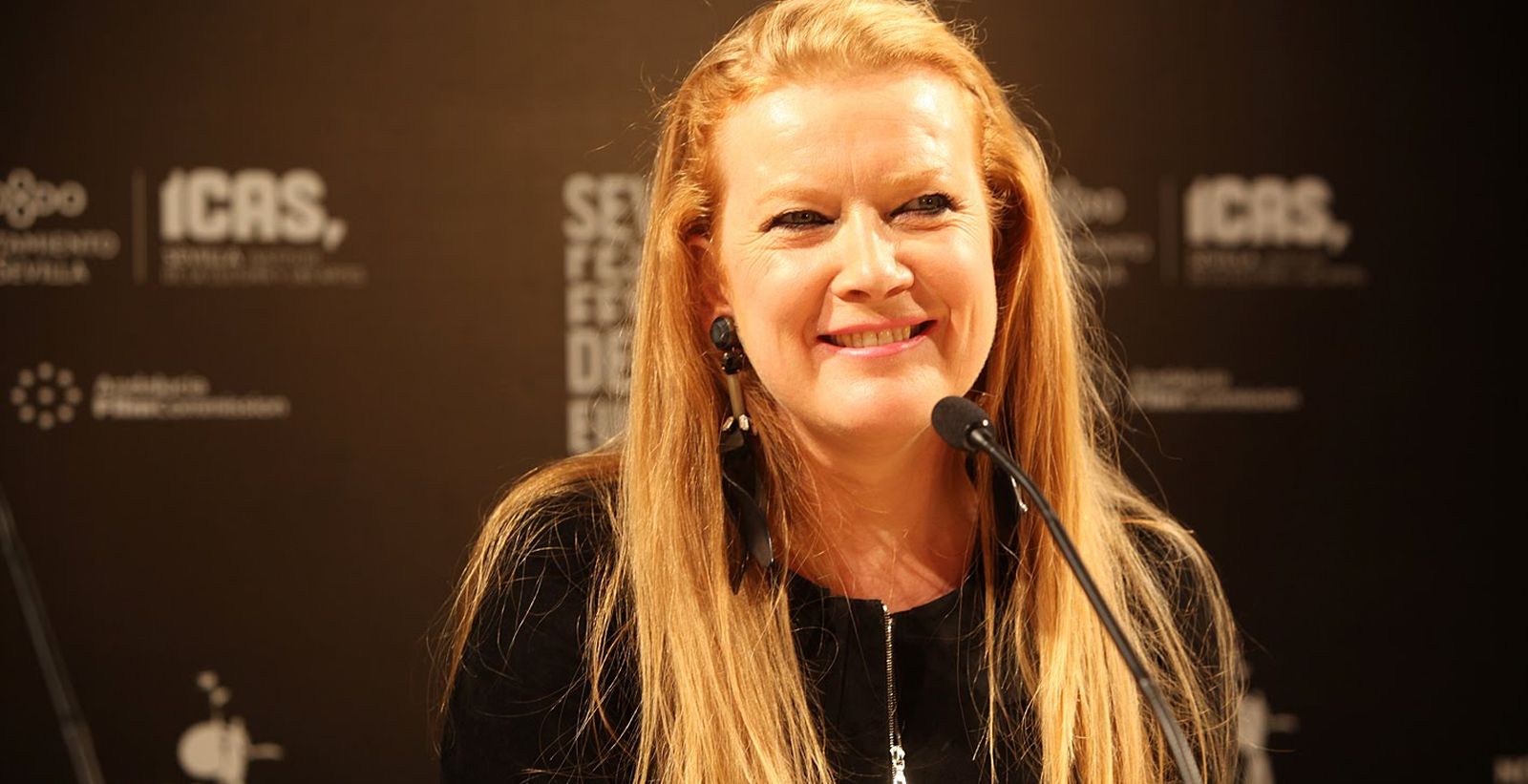
There aren’t many people who can claim that the woman they watched larking about on children’s morning television when they were a toddler also became of one of their favourite film directors as an adult. But that’s exactly what Andrea Arnold turned out to be, for me. For those of you who have never heard of her I can guarantee that you’ll be impressed.


